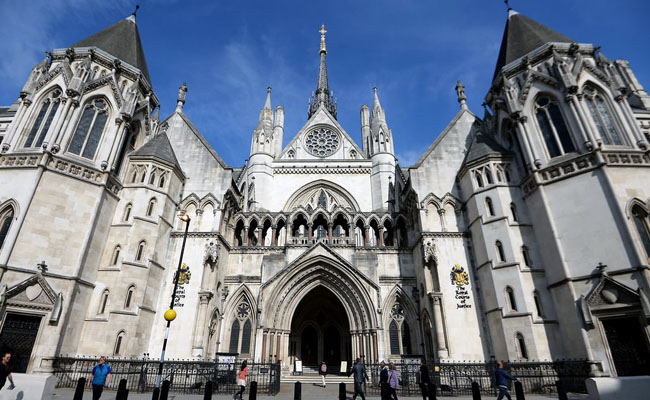High Court Case Will Proceed Over Government’s ‘Unlawful’ Bulk Surveillance

Liberty’s landmark litigation against the UK’s mass surveillance laws – The Investigatory Powers Act, also known as the “Snoopers’ Charter” – has taken a step forward after the Government admitted that its safeguards are inadequate and judges ordered the case to proceed. The act has been under scrutiny by civil liberties groups for years for allowing authorities potentially to breach the right to privacy, which is protected under the Human Rights Act.
On 8 April, the High Court approved an application to appeal parts of a judgment handed down in July 2019 over the lawfulness of “bulk” surveillance powers. The application to appeal, issued by Liberty, was approved on five grounds, two of which the Government conceded.
In its application to appeal, Liberty argued the safeguards in the Investigatory Powers Act 2016 breach our privacy and free expression rights as they do not protect against the dangers of ‘bulk powers’. Bulk surveillance powers are used to advance investigations both in the UK and overseas. The government states that they are “integral to the work of the security and intelligence agencies”.
Liberty’s lawyer, Katy Watts, said: “We should have control over our personal information, and we should have a Government that respects our right to privacy and our freedom of expression. But the Government has admitted it is failing these basic requirements.”
Read more: Emma Guy, Each Other, https://rb.gy/nrqeon





